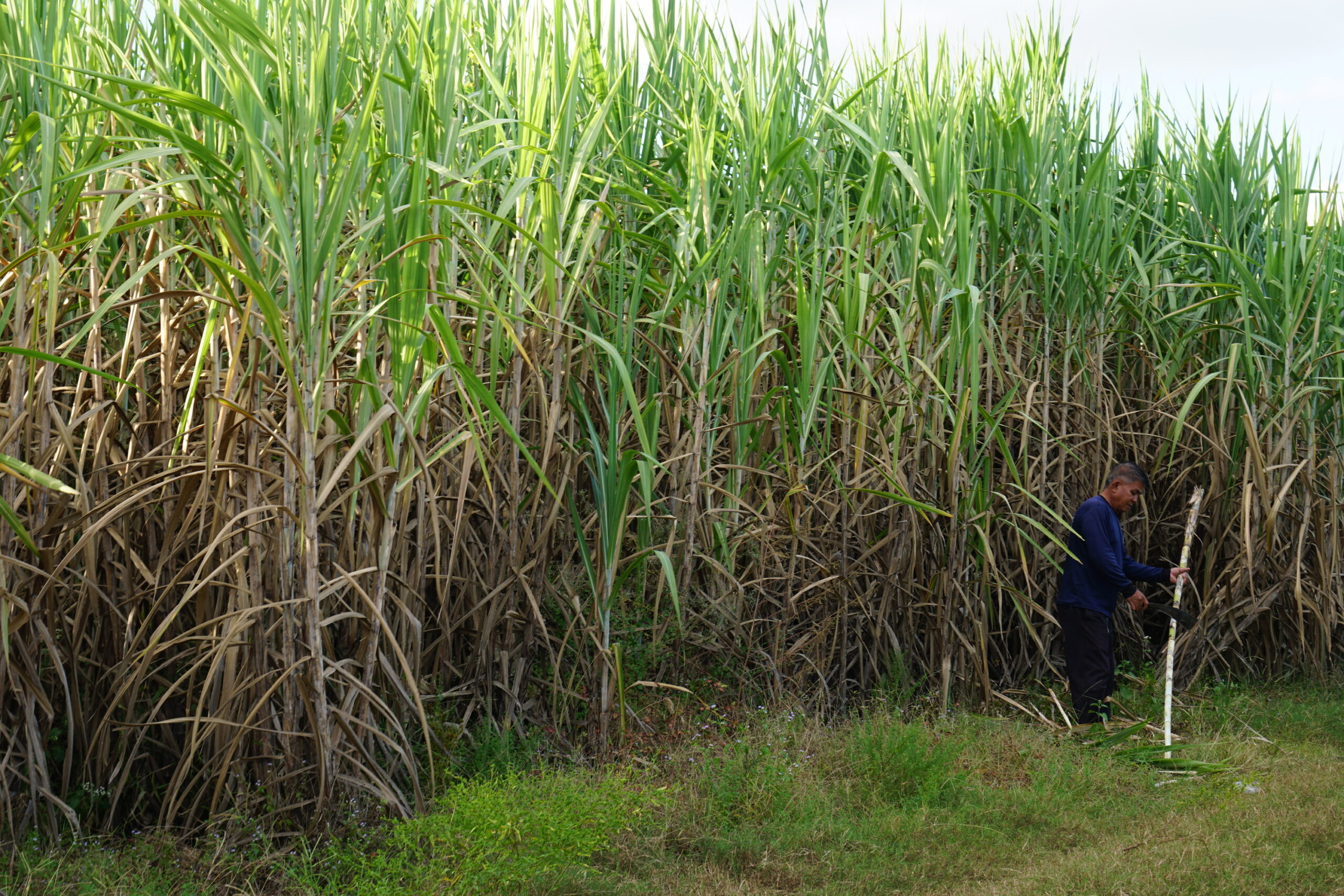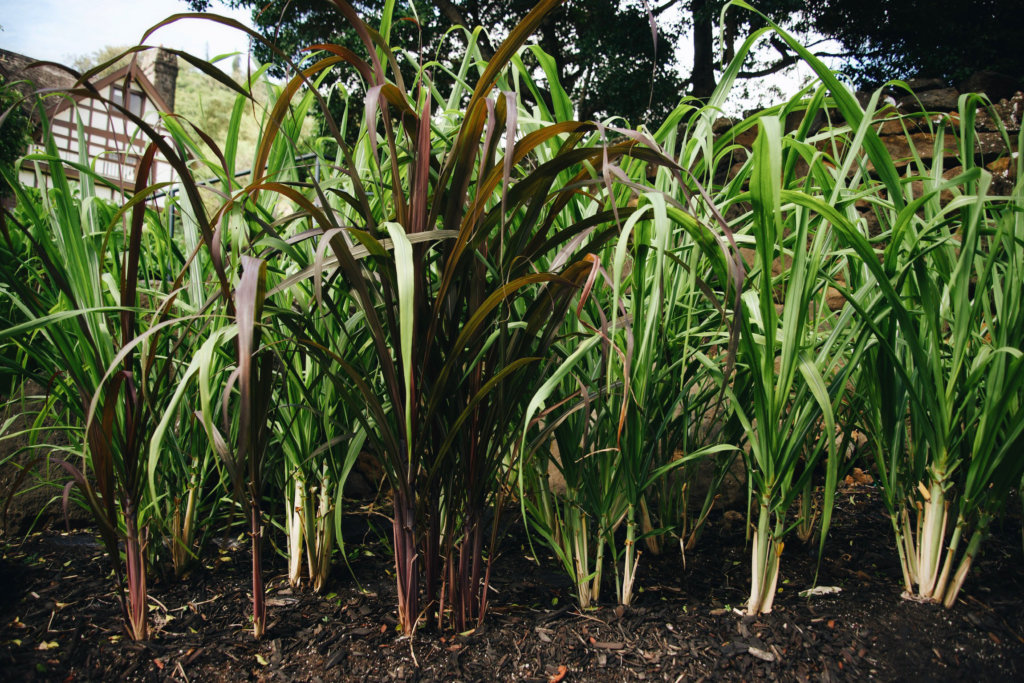Why Cane Sugar Processing Chemicals Are Crucial for Modern Sugar Refining
The role of walking stick sugar processing chemicals in modern sugar refining can not be overstated, as they are indispensable to improving both the performance of extraction and the general top quality of the final product. Agents such as phosphoric acid and particular flocculants are utilized to get rid of contaminations, resulting in sugar that not only fulfills customer assumptions however also sticks to sector criteria.
Duty of Processing Chemicals
The efficacy of walking stick sugar handling pivots significantly on the strategic application of processing chemicals. These chemicals play a critical duty in boosting the effectiveness and quality of sugar removal and refining. From the first phases of juice extraction to the final filtration actions, processing chemicals promote various essential procedures.
In the removal stage, chemicals such as phosphoric acid and calcium hydroxide are utilized to enhance the explanation procedure, aiding to eliminate contaminations and suspended solids from the cane juice. This not just enhances the return but also ensures the clarity of the end product. In addition, representatives like flocculants aid in the fast settling of impurities, thus improving the total procedure.
As the processing advances, chemicals are utilized in decolorization and formation phases. Activated carbon and ion exchange materials serve to eliminate shade and odor, ensuring that the refined sugar fulfills consumer high quality requirements. Inevitably, the function of handling chemicals expands past operational efficiency; they considerably influence the sensory characteristics of the end product, adding to market competition. Therefore, the precise selection and application of these chemicals are crucial for attaining optimal outcomes in walking stick sugar processing.
Secret Sorts Of Chemicals
Walking cane sugar handling counts on a selection of vital chemicals that promote each phase of manufacturing. These chemicals play important duties in clarifying, bleaching, and purifying the sugar removed from walking stick.
One main classification of chemicals consists of flocculants, such as polyacrylamide, which help in the information procedure by promoting the gathering and settling of impurities. Furthermore, calcium hydroxide is typically utilized to counteract acidity and assist in the removal of non-sugar components.
Bleaching agents, such as triggered carbon and sulfur dioxide, are used to decolorize the syrup, causing a more clear last item. These chemicals assist remove color substances that might affect the sugar's appearance and marketability.
In addition, phosphoric acid acts as a pH regulator during the processing stages, making sure ideal conditions for the chemical tasks associated with sugar removal and purification.
Various other crucial agents include edta (ethylenediaminetetraacetic acid), which chelates metal ions that could militarize undesirable responses, and salt hydroxide, which helps in pH control throughout the refining process. Jointly, these chemicals improve efficiency and make sure a high-grade walking stick sugar product.
Benefits for Sugar Quality
Commonly ignored, using details processing chemicals dramatically improves the overall top quality of walking cane sugar. These chemicals play an essential function in refining processes, guaranteeing that the last item fulfills strict industry standards for pureness and taste.

Furthermore, processing chemicals aid in accomplishing a consistent granulation and texture, which are essential for customer approval. By controlling the formation procedure, these chemicals make sure that the sugar crystals create consistently, resulting in an extra appealing item that dissolves well in various applications.
Additionally, using these chemicals can improve the rack life of walking stick sugar by reducing moisture absorption and microbial growth. On the whole, the tactical application of handling chemicals is crucial for providing high-grade walking cane sugar that fulfills consumer expectations and market demands.
Ecological Impact Considerations

Furthermore, the energy-intensive nature of sugar refining, compounded by chemical use, usually causes increased carbon discharges. This adds to climate modification and raises issues pertaining to the sustainability of existing refining methods. Additionally, the sourcing of these chemicals might entail methods that threaten biodiversity, such as monoculture farming, which reduces the strength of agricultural ecological communities.

To minimize these effects, sugar refiners are progressively discovering sustainable choices and taking on finest methods that reduce chemical use. Applying strenuous ecological administration systems can aid guarantee that the refining process straightens with ecological standards and promotes biodiversity. Eventually, a balanced strategy that prioritizes both sugar top quality and environmental stewardship is important for the long-lasting feasibility of the sugar industry.
Future Fads in Refining
As the sugar industry comes to grips with the ecological difficulties connected with typical refining approaches, ingenious methods are arising to boost both efficiency and sustainability. One substantial trend is the fostering of environment-friendly chemistry principles, which prioritize the use of non-toxic, naturally degradable handling chemicals. This change not just reduces environmental impact however also addresses customer need for cleaner manufacturing approaches.
An additional encouraging development is the execution of advanced filtering modern technologies, such as membrane splitting up and adsorption check my reference processes. These methods enhance the clarity and high quality of the sugar while reducing the quantity of wastewater generated during refining. In addition, the combination of digital innovations, consisting of IoT and AI, is changing operational performance by allowing real-time tracking and predictive upkeep, thus decreasing source waste.
Additionally, using byproducts from sugar refining, such as bagasse and molasses, is obtaining traction. These materials can be exchanged biofuels or value-added products, adding to a circular economy within the industry. Collectively, these fads signal a change towards more sustainable techniques that not only enhance functional effectiveness however his comment is here additionally line up with international sustainability objectives, ensuring the future feasibility of sugar refining.
Verdict
Cane sugar handling chemicals are vital in contemporary sugar refining, considerably boosting the performance and top quality of sugar removal. The strategic use these chemicals not just boosts the pureness and taste of the end product however additionally guarantees consistent formation and appearance. As the market increasingly focuses on sustainability, the adoption of environmentally-friendly processing agents is likely to shape future fads in refining, inevitably resulting in higher quality products and extended rack life for consumers.

Ultimately, a well balanced approach that prioritizes both sugar quality and environmental stewardship is essential for the long-term practicality of the sugar industry.
Walking stick sugar processing chemicals are necessary in modern sugar refining, dramatically improving the performance and high quality of sugar removal.